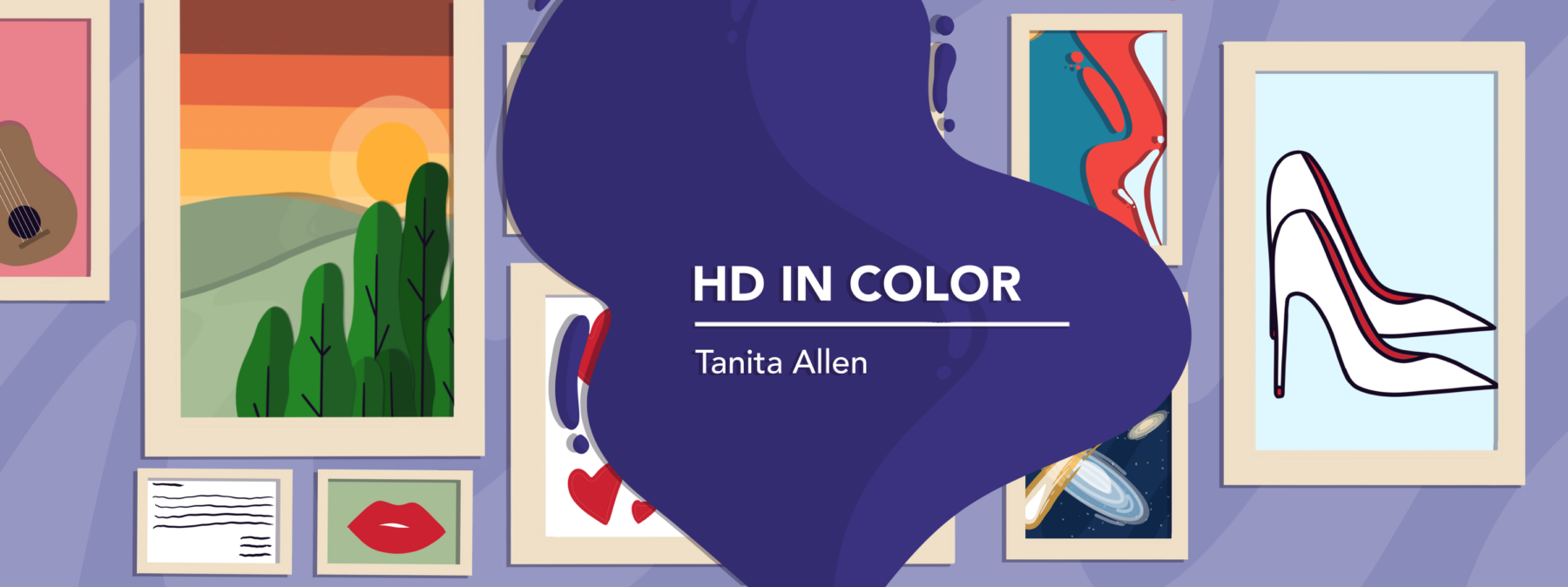The intricacies of dating with a diagnosis of Huntington’s disease
I've experienced various forms of rejection after revealing I have the disease
Written by |

Dating can be a complex and emotional experience under normal circumstances, but for someone living with Huntington’s disease (HD), the journey to find companionship presents unique challenges.
One of the most painful aspects of dating with HD is the rejection I’ve encountered when disclosing my diagnosis. At times I felt a connection with a potential partner, but once I revealed my HD, the mood shifted dramatically. Some did a quick Google search to learn about HD, which changed things as well. It was disheartening to watch fear take over as they read about the disease progression and symptoms that could come. Reading this information caused them to run for the hills.
One of the most devastating things I’ve been told by men was “I’m not interested in dealing with a person with so many problems.” Those words cut deep, as they reduced my identity to just my disease and disregarded the person I am beyond the diagnosis. The response often felt personal, as though they were rejecting my worth as a companion simply because I carried this burden. It was hard not to internalize that as feelings of inadequacy.
Social settings, especially dates, can be difficult to manage with HD. My inability to drink alcohol, for instance, has made me feel awkward on some dates. Because of my medications, my doctor advised me to avoid alcohol entirely. While that might seem a minor concern, it creates tension in social environments where drinking is common. Whether it’s a first date at a bar or a more casual gathering, questions are raised when you’re not participating in the ritual of having a drink together.
Even when I tried to keep the explanation brief, some people would press for details, which felt invasive. Their questioning seemed less about curiosity and more about making sure I wasn’t hiding something bigger. The subtle judgment was clear: Protecting my health by not drinking placed me in a category of the “other,” and they weren’t sure how to handle my differences.
I’ve had to use a walker or a cane for mobility issues. These visible signs of my condition became yet another barrier in dating. I’ve had dates who would immediately zero in on my assistive devices and ask why I needed them. Some would start the conversation with the same string of questions: “Is it permanent?” “Is it contagious?” “Is it fatal?” While I understand the need for some level of explanation, these interrogations made me feel more like a medical case than a person deserving of connection.
These questions often triggered my anxiety because I felt I had to defend myself. The moment they discovered I had a progressive disease and not a temporary injury, their reactions often ranged from feeling discomfort to creating a not-very-subtle distance. It was another reminder that for many, the idea of a chronic illness is too overwhelming, especially in the early stages of dating.
The advice that’s helped me
After numerous encounters where I was met with rejection, fear, or misunderstanding, I sought help from my therapist, who gave me great advice that I use to this day. One of the most valuable suggestions was to approach dating with honesty, but without leading with my diagnosis. Instead of making HD the focal point of my identity, I learned to share it when I felt comfortable, rather than feeling pressured to disclose it immediately.
She also reminded me that the right partner will not be deterred by my diagnosis. My self-worth shouldn’t be tied to someone else’s ability to handle HD. It was crucial for me to understand that my value as a person remains intact, regardless of someone’s reaction to me.
Another important tip was to set boundaries in social settings, especially when faced with uncomfortable questions about my cane or my decision not to drink. I’ve learned to keep my responses short and matter-of-fact, without feeling the need to overexplain or justify my choices. I have the right to protect my emotional well-being and disclose information on my own terms.
Lastly, my therapist encouraged me to focus on people who are open to learning. Instead of trying to persuade someone to accept me with HD, I now prioritize finding partners who are empathetic and willing to educate themselves. That’s shifted my dating objectives from trying to fit into someone else’s mold to finding someone who appreciates me for who I am.
Finding love while living with a chronic illness may be difficult, but it’s far from impossible. With honesty, self-compassion, and clear boundaries, I continue to believe that meaningful connections are within reach.
Note: Huntington’s Disease News is strictly a news and information website about the disease. It does not provide medical advice, diagnosis, or treatment. This content is not intended to be a substitute for professional medical advice, diagnosis, or treatment. Always seek the advice of your physician or other qualified health provider with any questions you may have regarding a medical condition. Never disregard professional medical advice or delay in seeking it because of something you have read on this website. The opinions expressed in this column are not those of Huntington’s Disease News or its parent company, Bionews, and are intended to spark discussion about issues pertaining to Huntington’s disease.







Leave a comment
Fill in the required fields to post. Your email address will not be published.